
Our Psychology Program
Our psychology program continues to be one of the University’s most popular programs. Our small classes ultimately provide students with individual attention and a more personal student-professor relationship.
Are you a college student? Visit the ONTransfer website to view more of our pathway agreements.
Our psychology program offers two different degrees, tailored to the students’ strengths and interests. The Bachelor of Science (BSc four-year) degree requires students to complete a greater number of biological-based courses compared to the Bachelor of Arts (BA four-year) degree.
In addition to the standard courses on methodology that are required for a psychology degree, we offer courses on a wide range of topics in psychology. The majority of courses that we offer fall under one of two broadly-based categories: those that focus on the social bases of behaviour, and those that focus on the biological bases of behaviour. While it is widely known that psychology can involve the identification of, and counselling for, abnormal thoughts and behaviours, there are many other areas of psychology that you can explore with us.
A psychology degree is really a stepping stone to the next phase of a student’s life. We teach you how to be dedicated, motivated, and to think critically about scientific data, human and non-human behaviour, and science in general. These are skills that are in demand by many prospective employers. Many of our former students have continued with higher education at the graduate level, earning Master’s and PhD degrees. We also have former students with law and education degrees, and others who are now speech and language pathologists, audiologists, forensic psychologists, and neuroscientists.
What You Can Expect
Hands-on learning, a close-knit campus community, and caring faculty.
1 / 8
Fourth-year Thesis
Our fourth-year thesis course allows students to select a topic of their choice, conduct an extensive review of literature, design their own experiment, collect and analyze data, and present their research at the Algoma University Annual Psychology Thesis Conference. Check out our previous psychology theses!
2 / 8
Summer Employment Program
Each summer, the Psychology Department hires students as Teaching Assistants and Research Assistants through the Summer Employment Program. Such positions provide students with valuable experience working in their field.
3 / 8
Undergraduate Student Research Awards (USRA)
Psychology students are eligible for the Natural Sciences and Engineering Research Council of Canada (NSERC) Undergraduate Student Research Award (USRA). These awards are meant to stimulate students’ interest in research in the natural sciences and engineering.
4 / 8
Two degree options, one great program
Students can earn a Bachelor of Science in Psychology or a Bachelor of Arts in Psychology. The science-based option has a greater number of biological-based courses. Each will use both sides of your brain.
5 / 8
Study the forefather of psychology
Students will study the theories and minds of history’s most influential psychologists, and will learn how their theories relate or conflict with each other. Students will study Sigmund Freud, Jean Piaget, B. F. Skinner, Erik Erikson, and many more.
6 / 8
Nature versus Nurture
One of the oldest debates in psychology, students will learn about the nature versus nurture debate and analyze which side has a greater influence on childhood development, or if both exert equal force.
7 / 8
Tweeting in the classroom
Did you know that all of Dr. Brodbeck’s lectures can be found online on iTunes as podcasts and that he encourages tweeting inside and outside of the classroom to facilitate discussion and to get extra help? Follow him on Twitter @dbrodbeck.
8 / 8
Open door policy
Our caring faculty maintain an informal setting where you are welcome to drop by our office to discuss any academic matters. This allows students to seek help, find answers outside of regular class time, and broaden their overall understanding of psychology.
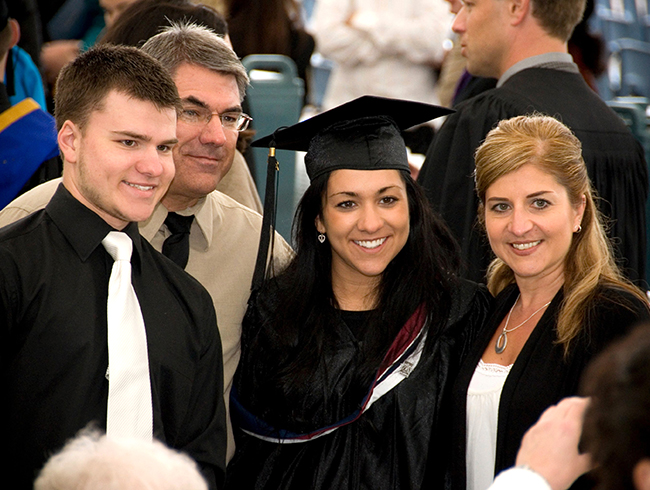
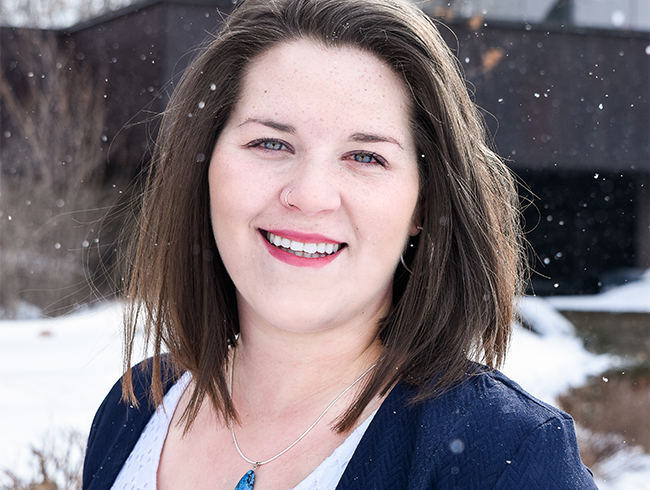
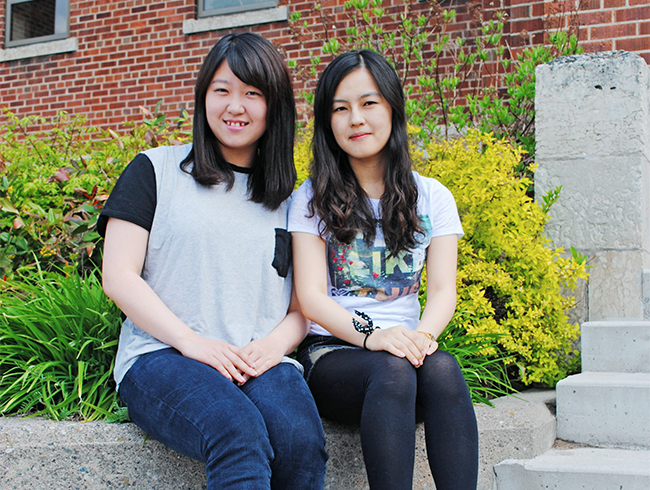

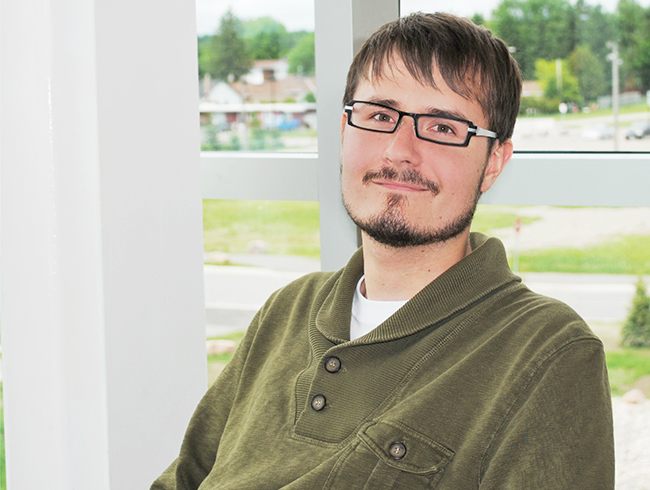
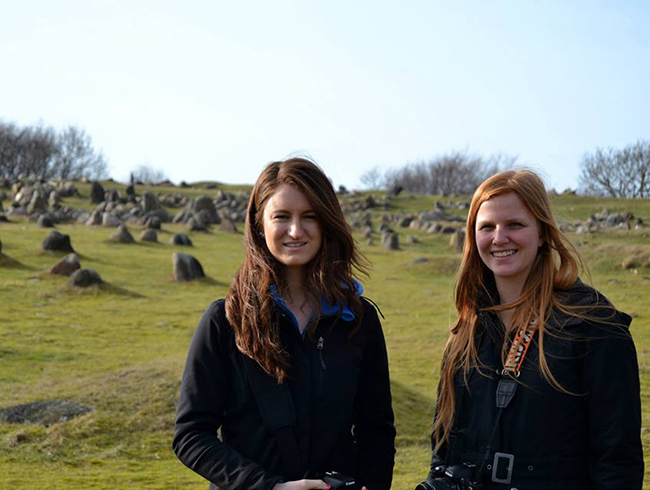
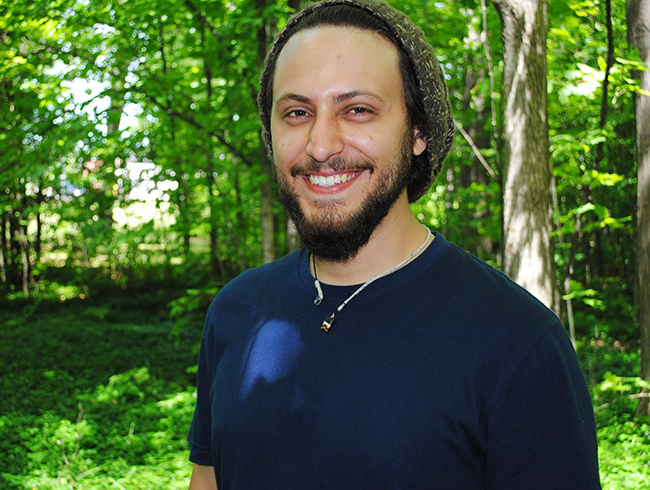
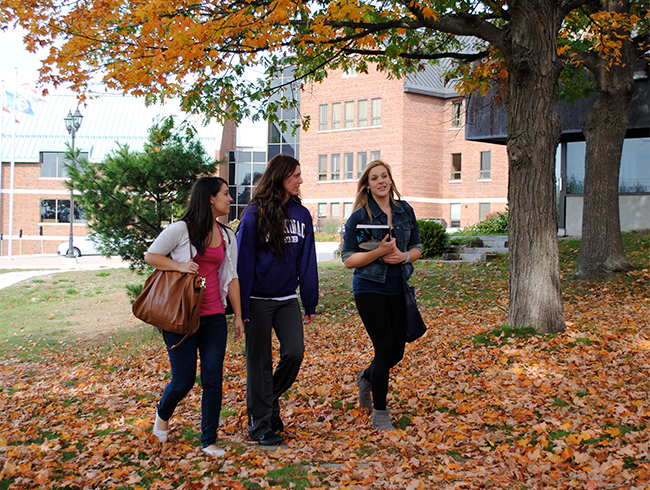
Our Courses
For more detailed information on our courses, please visit our courses schedule section
Get started nowExperience Maps
Are you ready to apply theory and academic content to real-world experiences? It's time to make your plan!
START NOWMeet our Faculty
Our faculty is dedicated to providing the support necessary to assure our student’s academic and career success!
Dr. Laurie Bloomfield
Faculty Chair, Sciences, Associate Professor
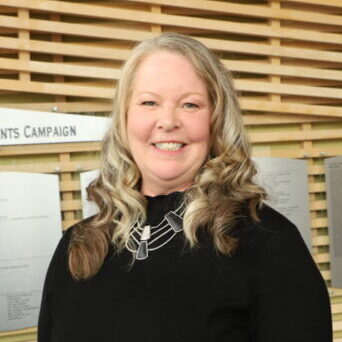
[email protected]
705-949-2301, ext. 4314
Office: SH 502
Educational Background:
- PhD (University of Alberta)
- MA (Queen’s University)
- BA Hons (Laurentian-Algoma University)
My area of specialization may be broadly listed as Cognitive Psychology; I am interested in how songbirds, which are vocal learners like humans, pay attention to, and utilize, their vocalizations in their social world. Therefore my research areas encompass the following aspects of psychology: attention, perception, language/communication, and comparative psychology. I teach courses on cognition, perception, and neurobiology, and act as coordinator for the fourth year thesis course where I assist in research design and data analysis.
In collaboration with fellow faculty members and student research assistants, I am also investigating whether birds use particular vocalizations to communicate the discovery of profitable food sources. This is being conducted both in the field and in my laboratory, which has an operant conditioning testing room, a spatial cognition testing room, and a sound-attenuating chamber for recording individual birds. Check out my website for more information and pictures.
On a more personal level, I enjoy reading horror/suspense/sci-fi novels, and baking and decorating cakes. When I have the opportunity to get out of the house, I spend time with my husband and our young daughter at our camp north of the city, riding our four-wheeler or snowmobile. I also enjoy visiting with extended family in southern Ontario during the summer.
For more information, check out my website.
Dr. David Brodbeck
Professor
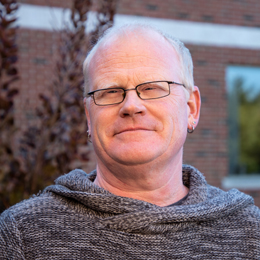
[email protected]
705-949-2301, ext. 4336
Office: SH 505
Educational Background:
- PhD (University of Toronto)
- MA (University of Toronto)
- BA Hons (University of Western Ontario)
My research focus is on spatial cognition in various species, especially birds, but I have done work on human cognition as well. Generally, my area of specialization is evolutionary psychology. I am interested in how evolution has shaped cognitive systems. I teach courses on statistics, animal behaviour, neuroscience and neuropharmacology. I podcast all of my lectures, which are available on my class website, or search for ‘Dave Brodbeck’ on iTunes.
In my spare time I like to play video games (xbox live and PSN username dbrodbeck) and I enjoy cooking and spending time with my family.
I wear the badge ‘geek’ proudly. My interests include science fiction, technology and history. I have a number of personal podcasts covering topics such as retro television, technology, sci-fi and history, pop culture and a show with my wife, Isabelle Michaud, which is one of the longest running podcasts in Canada. Isabelle is a French Prof here at Algoma U. I have appeared on a number of podcasts including Futures in Biotech on the TWiT network and Fourcast with Tom Merrit and Scott Johnson. Follow me on twitter @dbrodbeck.
For more information, check out my website.
Dr. Paul Dupuis
Department Chair, Psychology, Associate Professor

[email protected]
705-949-2301, ext. 4332
Office: SH 501
Educational Background:
- PhD, (Queen’s University)
- MA, (Queen’s University)
- BSc Hons (St. Mary’s University)
My main teaching and research interests are in forensic psychology and criminal behaviour with a focus on social cognitive/perceptive processes. Much of my research regards witness memory for crimes and perpetrators but I am moving towards examining interrogation techniques as well as how people perceive, and make judgments about, violent altercations.
Outside of academics I love to spend time with my family and friends, having barbeques, cooking, and playing games. I am a huge Montreal Canadiens fan, both figuratively and literally, and love to take my daughter skating and to Soo Greyhounds games.
Dr. Nicolas Rouleau
Assistant Professor

[email protected]
Office: SH508
Educational Background:
- Post-doc, (Tufts University)
- PhD, (Laurentian University)
- MA, (Laurentian University)
- BA Hons., (Laurentian University)
As an interdisciplinary scientist my research interests are broad and include neural tissue engineering,
minimal cognition, brain senescence, bioelectromagnetism, traumatic brain injury (TBI),
neuromodulation, volitional control, religiosity, virtual reality immersion, and consciousness. You can
find my published papers on ResearchGate (https://www.researchgate.net/profile/Nicolas_Rouleau2).
In my spare time, I enjoy playing the drums, long walks, listening to podcasts or Twitch streams, and
spending time with my growing family. I also love to debate: the egg most definitely came before the
chicken. I also take my voluntary night owl status very seriously.
Dr. Arthur Perlini
Full Professor
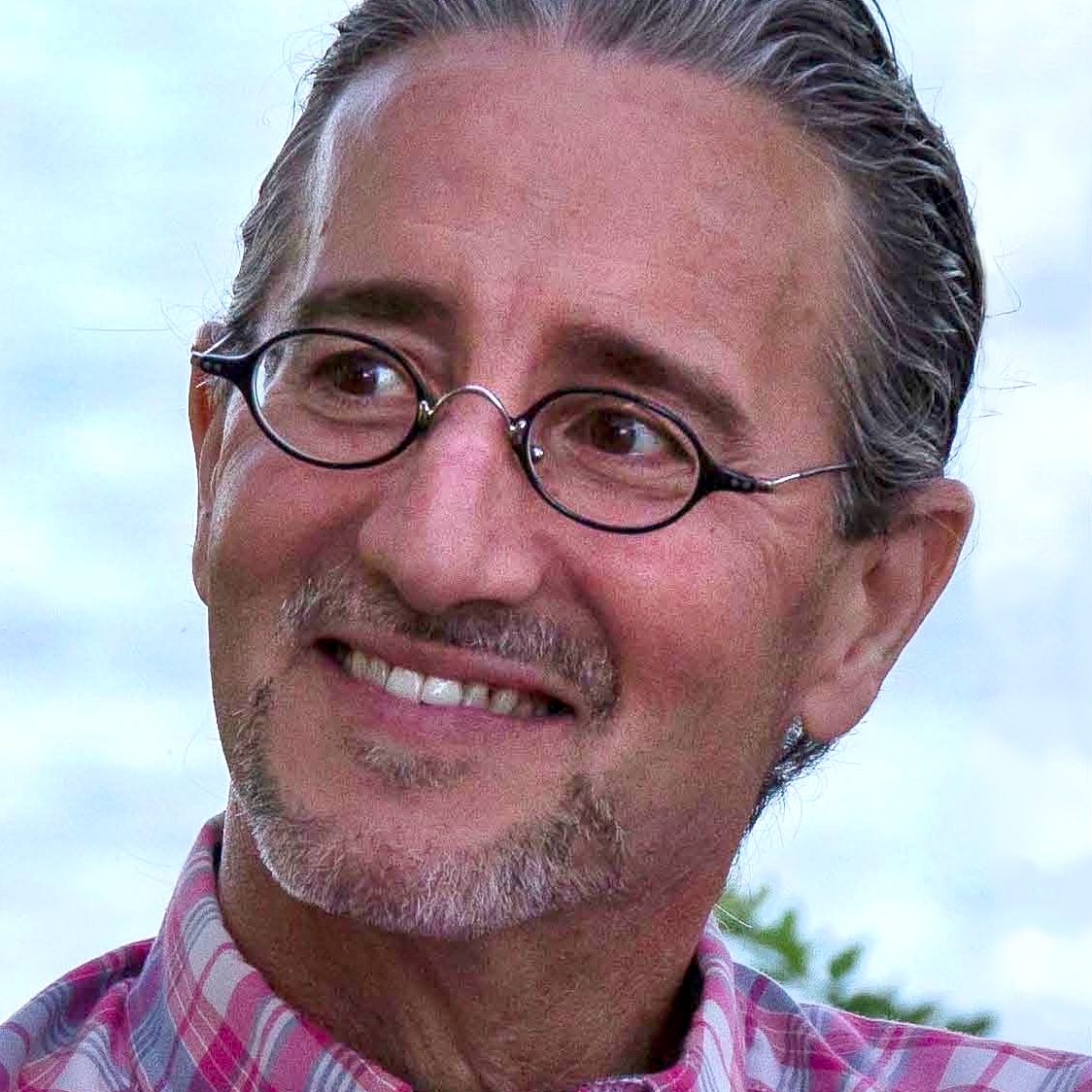
[email protected]
705-949-2301, ext. 4116
Office: NW 300B
Credentials: BA Hons (University of Western Ontario), MA (Carleton University), PhD (Carleton University)
Dr. Dwayne Keough
Department Chair, Psychology, Associate Professor

[email protected]
705-949-2301
Office: SH 414
Teaching Interests:
Throughout my career I have had the opportunity to teach a variety of undergraduate courses. I particularly enjoy teaching introductory to psychology, sensation and perception, cognition, human neuropsychology, and statistics. No, that was not a typo…I really do like teaching statistics!
Research Interests:
In general, I am interested in motor control. More specifically, I want to understand how sensorimotor feedback is used during motor planning and execution. My research has largely focused on the importance of auditory feedback during singing. To this extent, I have examined how individuals with differing levels of expertise rely on what they hear to control their voice fundamental frequency (pitch). I am also interested in other areas of perception and comparative cognition
Recent Publications:
- Keough, D., Hawco, C., & Jones, J. A. (2013). Auditory-motor adaptation to frequency-altered feedback occurs even when participants ‘ignore’ feedback. BMC Neuroscience, 14, doi:10.1186/1471-2202-14-25.
- Keough, D., & Jones, J. A. (2011). Contextual cuing contributes to the independent modification of multiple internal models for vocal control. Journal of Neurophysiology, DOI: 10.1152/jn.00291.2010.
- Keough, D., & Jones, J. A. (2009). The sensitivity of auditory-motor representations to subtle changes in auditory feedback while singing. Journal of the Acoustical Society of America, 126, 837-46.
- Hawco, C., Jones, J. A., Ferretti, T., & Keough, D. (2009). ERP correlates of online monitoring of auditory feedback during vocalization. Psychophysiology, 46, 1-10.
- Jones, J. A., & Keough, D. (2008). Acoustic-vocal mapping for pitch control in singers and nonsingers. Experimental Brain Research, 190, 279-287.
Dr. Teryn Bruni
Assistant Professor Clinical/Counselling

Dr. Bruni is a Paediatric Psychologist with expertise in integrated care, school psychology, and applied behaviour analysis. Her research interests include evaluating the effectiveness of single-session mental health interventions, the use of professional task-shifting to increase access to mental health support, and the promotion of psychological flexibility in youth. She is focused on establishing a program of research that is responsive to the needs of the community and aligns with ongoing mental health initiatives. Dr. Bruni is a licensed Psychologist in the state of Michigan and is currently in the process of pursing her registration in Ontario. She has maintained her behaviour analysis certification with the Behaviour Analysis Certification Board since 2011. Her predoctoral and postdoctoral training was in the area of behavioural pediatrics, which included rotations in integrated primary care, elimination disorders, weight management, sleep medicine, and feeding disorders. Dr. Bruni worked as a faculty member at Michigan Medicine for four years, where she provided and supervised mental health services within the pediatric primary care setting. During her time at Michigan Medicine, she became interested in the conduct of implementation research to improve patient access to evidence-based mental health interventions within the paediatric primary care setting.
Dr. Chantal Lemieux
Assistant Professor
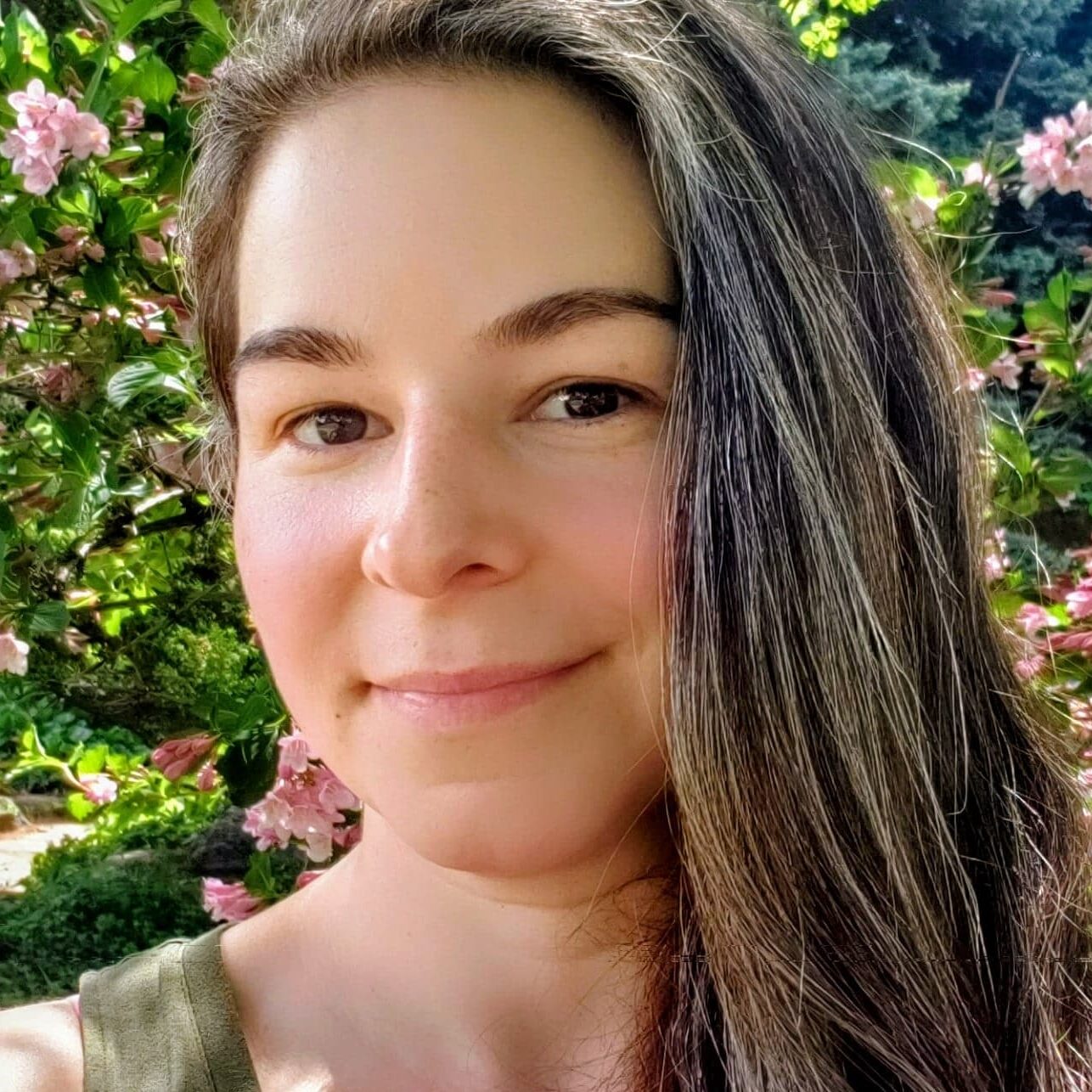
[email protected]
Office: 308-B, 24 Queen St E, Brampton
Educational Background:
PhD, (University of Ottawa)
MA, (University of Ottawa)
BA Hons (University of Ottawa)
My main research interests are in Cognitive Psychology where I have experience in several areas within the domain of higher-order cognition, including face perception, spatial cognition, metacognition and driving. Most recently, I have been focused on gender differences in spatial cognition, particularly visual spatial cue processing and performance monitoring. I am particularly excited to be teaching Sensation and Perception where I have several physical in-class demonstrations and illusions which make for a fun course! My other teaching interests include: Introduction to Behavioural Neuroscience, Scientific Method and Analysis, and Laboratories in Psychology.
Outside of academics, I am a proud mother to two curious boys who enjoy the outdoors going on nature walks and hikes with our dog. I enjoy yoga, playing soccer, and gardening. Most of all I love to travel. I have been to Thailand, Cambodia, India, Philippines, various countries in Europe, and the US and hope to grow this list throughout the years.
Ready to Apply
Applying to Algoma U is simple, fast, and easy
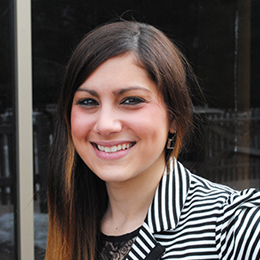
“My fondest memory was my last day at Algoma U. My classmates and I had gotten really close, and we suddenly realized this is it–this is the end of our time here. I remember Brodbeck praising our class, our work ethic, and our achievements. It’s such a great memory and feeling knowing that your mentor genuinely cares about your success and recognizes your efforts. You can’t get this close to people and to your professors at a bigger university. It really is like a family here.”
Alyssa Garofalo
BA Hons, Psychology, MA, Forensics Psychology

“I would recommend Algoma U to someone pursing a degree in Psychology because of the amazing professors. At Algoma U, the professors go above and beyond to know the students in their classrooms and to challenge them to grow as learners. This is also a drawback because it does mean that as a student you will be required to push yourself further and study harder than expected. However, the professors know how to tailor their teaching to push students to grow and exceed their potential.”
Elicia Augusto
BSc Hons, Psychology, BEd, BHSc

“As a team, we strive not only to “profess our knowledge” in lecture and seminar courses, but more importantly, to teach students to evaluate the information, think critically about data, and incorporate their knowledge across topics. Whether you are coming straight from high school, you are a transfer student from another university or college, or you are thinking of updating your education, these are skills that will transfer to your future career or place of employment.”
Laurie Bloomfield
"*" indicates required fields
